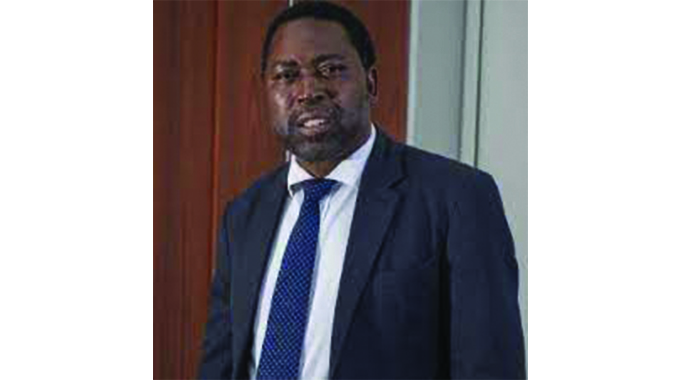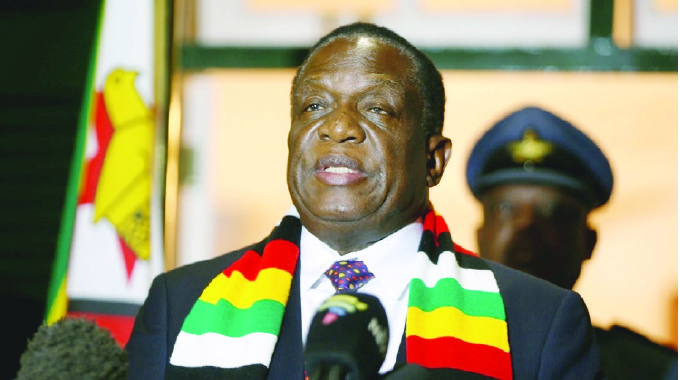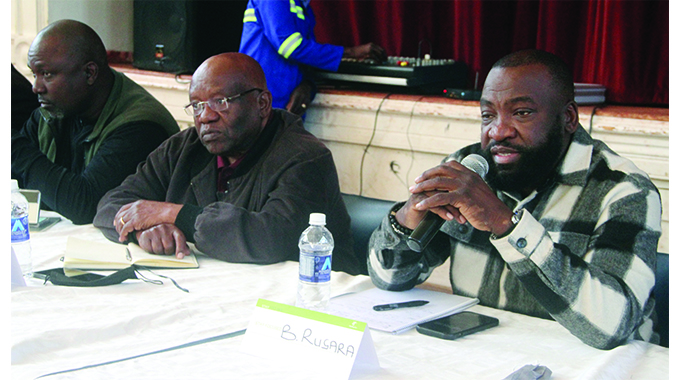Conference calls for Government communications in indigenous languages

Leonard Ncube, Victoria Falls Reporter
GOVERNMENT should come up with a policy that makes it compulsory for public notices to be communicated in more than three languages to promote use of indigenous languages.
Participants attending the national languages conference organised by the Ministry of Youth, Sport, Arts and Recreation in Victoria Falls said 15 indigenous languages recognised by the Constitution account for 99 percent of the country’s population and use of these languages is critical in enhancing citizens’ participation in national programmes and implementation of the development agenda.

President Mnangagwa
The conference is being held under the theme: “Redefining the role of Zimbabwean languages for national development towards Vision 2030 and beyond”.
President Mnangagwa is expected to officially open the conference today.
Keynote speaker, Professor Wiseman Magwa who is executive director of the National Language Institute housed at Midlands State University (MSU) said there is a need to seriously think and plan for the 99 percent of the population.
“This is the time to compel every Government department to make use of indigenous languages. Zimbabwe cannot experience real growth and development while tied to the use of foreign languages. We should have a policy making it compulsory for public notices to be in more than three languages, one of them should be a local language.
“The use of indigenous languages in official matters and day-to-day business will certainly make Zimbabweans feel proud of their nationhood and more importantly, enhance their participation in national development,” said Prof Magwa.
He said a language is an important resource that should be recognised, used and cherished by all people in the world.
Prof Magwa said development in Africa and Zimbabwe in particular can never be achieved without serious considerations of the role of African languages in social, educational, economic and political processes.

Mrs Tumisang Thabela
This includes translating all national documents into the 15 official languages recognised by the Constitution.
Prof Magwa said one of the successes Government has made so far is setting up the National Language Institute in October 2018 in response to the calls to empower indigenous languages and the ever-increasing demand for language services, particularly editing, translation, transcription and interpreting.
This is in line with the country’s Education 5.0 philosophy and dovetails well with the Government’s efforts to turn around the economy through innovation and industrialisation.
Prof Magwa said the institute has translated the national constitution into all 15 indigenous languages spoken in the country.
It also translated Covid-19 messages in 2020, the National Development Strategy 1 document, Consumer Protection Act, National Disability Policy, National Youth Policy, Highway Code, and disaster risk reduction policy into vernacular.

“With goodwill and funding from Government, the national languages institute is geared to contribute to the realisation of national vision
Various stakeholders from various institutions of learning and other partners are attending the conference which acts as a platform to lay ground for a national indigenous languages policy and change the narrative where indigenous languages are deemed unsuitable for business.
Permanent Secretary in the Ministry of Primary and Secondary Education Mrs Tumisang Thabela bemoaned marginalisation of minority languages and said the education sector is doing everything possible to promote all languages.
Hillside Teachers’ College principal Mrs Linda Sibindi implored learning institutions to ensure that learners learn two or more indigenous languages in addition to their mother tongue.
She said local languages are not developing because people are not putting much effort to develop them.— @ncubeleon










Comments